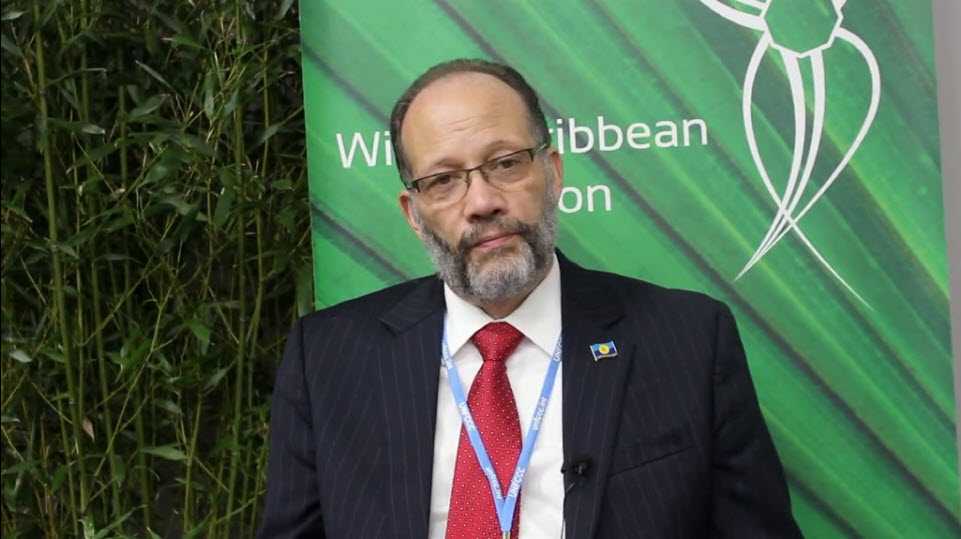
Caribbean Community (CARICOM) Secretary-General, Ambassador Irwin LaRocque on Tuesday 26 February 2019 expressed strong disquiet that the constantly shifting parameters for good tax governance set out by the European Union (EU), are encroaching on the Region’s sovereignty.
Addressing the opening of the 30th Intersessional Meeting of the Conference of CARICOM Heads of Government, in Frigate Bay, St. Kitts and Nevis, the Secretary-General also associated the principle of non-interference with CARICOM’s position on efforts to secure a peaceful resolution of the crisis which has engulfed Venezuela.
That solution must come from among the Venezuelan people, the CARICOM Secretary-General stated, adding:
It should abide by the internationally recognised and accepted principles of non-interference and non-intervention in the affairs of states, respect for sovereignty, adherence to the rule of law, and respect for human rights and democracy.
Irwin LaRocque
As CARICOM confronted what he described as “a persistent threat” to its efforts for development, he said the principal of non-interference applied with respect to concerns about the EU labelling some CARICOM countries as non-cooperative tax jurisdictions.
The EU’s self-determination of what constitutes good tax governance, “reek of a by-gone era which came to an end with our political independence,” the Secretary-General said.
Questioning whether the aim of the EU was to destroy the international financial services in the Region, he said if that was the case, “it would be a frontal attack on the economies of the affected Member States.”
Financial services provide significant revenue for many of our Member States and therefore are an important source of domestic resources. The mobilisation of domestic resources was recommended by the United Nations Addis Ababa Action Agenda (AAAA), as a major part of the finances needed to achieve the UN Sustainable Development Goals.
Irwin LaRocque
The CARICOM Secretary-General said that the “onerous requirements being imposed are constantly shifting and go beyond those established by the OECD.”
“Our Member States are committed to accomplishing those goals which would help us build resilience against our inherent vulnerabilities,” he added.
This article is copyright © 2019 DOM767




